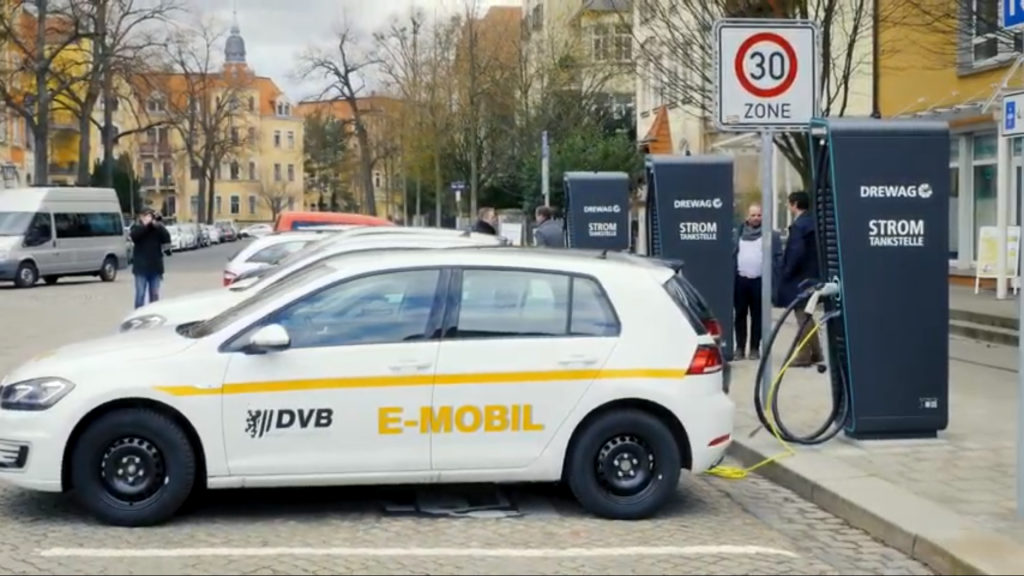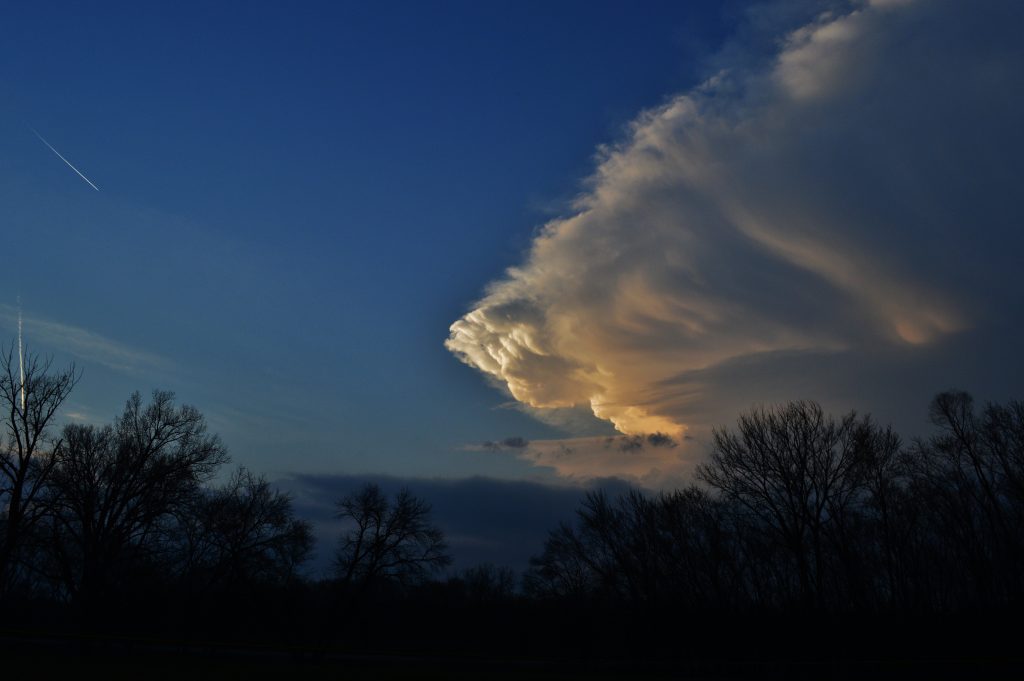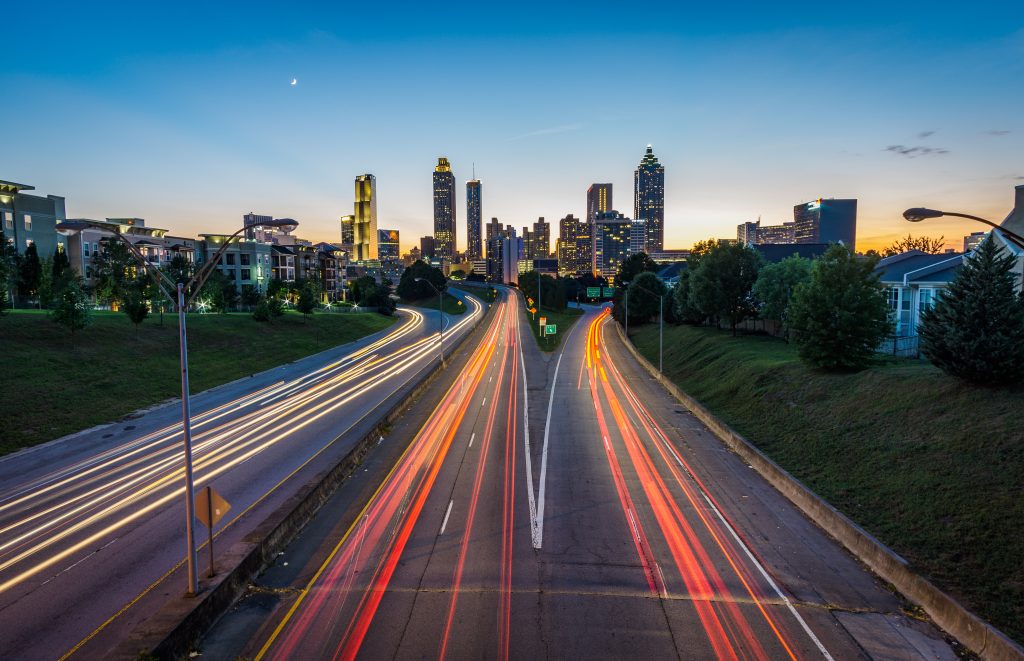Since 2015 with Paris Agreement, Europe is committed to reducing CO2 emissions, congestion and air pollution to improve the quality of life of European citizens. In 2019, the commitment was strengthened by the carbon-neutrality goal set by the EU Green Deal. Smart city project like MAtchUP can largely contribute to achieve the objective through a number of actions, like the improvement of sustainable mobility. As reported by the EEA, in 2017, 27 % of total EU-28 greenhouse gas emissions came from the transport sector (22% if international aviation and maritime emissions are excluded). CO2 emissions from transport increased by 2.2% compared with 2016. In this scenario, mobility actions like those that MAtchUP is implementing in Dresden are key to meet the EU goals and to improve the urban liveability.
In Dresden, the MAtchUP partner DREWAG takes part with different approaches and does research in the “Johannstadt” district. Last March, the two Dresden-based companies DVB and DREWAG opened the last mobility point MOBI, in “Fetscherplatz”, which focuses on the interaction of fast-chargers and one buffer storage. “Here the charging infrastructure is composed of three fast-chargers that can serve six cars at the same time. And on the other side of the street there is a normal charger for car-sharing services” says Carsten Wald, responsible of the e-mobility infrastructure.
The “Fetscherplatz” MOBI point provides fast chargers with a relatively high power of 450 kW, which is mostly used for existing customer structure like commercial infrastructure, offices and households. Therefore, only performance of 140 kW is available, and that’s where the buffer storage comes in place. “The storage buffers electricity for intensive usage at the chargers. This is a fine example to avoid network expansion because of these smart technology” explains Gerit Eberl, planner of the network.
MAtchUP contributes to this innovation by providing technical and scientific support and replies to open questions like the peak loads, the power needs that arise, the development of the buffer storage the eventual make price changes which need to be adjusted. “We at DREWAG work together with scientific partners from Dresden, like the Technical University of Dresden and the Fraunhofer institute. We hope that this will give us patterns for Dresden and maybe for elsewhere that we can integrate there” concludes Alexander Haidan, MAtchUP responsible in DREWAG.
Watch the full video recorded by DREWAG (turn subtitles on for the English version):


